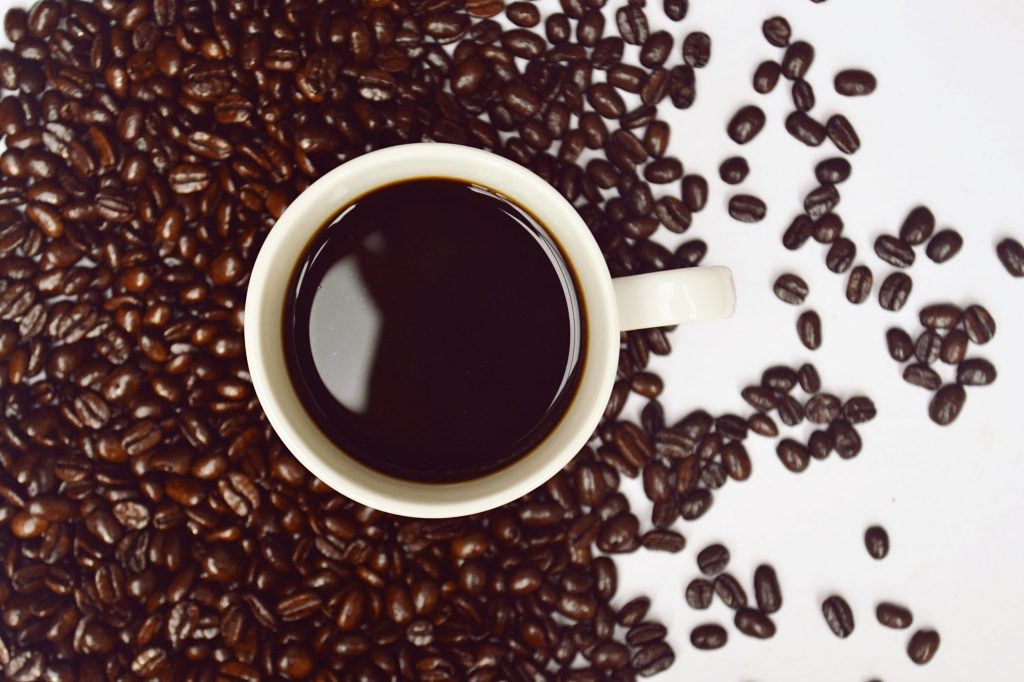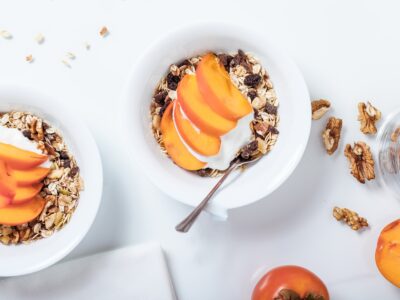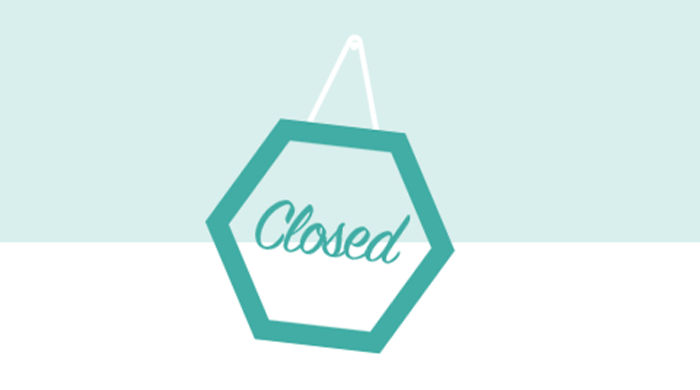Grabbing a coffee first thing in the morning is non-negotiable for many of us. There’s no doubt that coffee provides a feel-good boost but is it any good for your health?
Studies have shown that drinking coffee can have some great health benefits, which we’ll talk about in this blog.
How Coffee Affects Your Body
Caffeine enters the bloodstream pretty soon after the first sip. You can often start to feel the effects within 10 minutes.
Caffeine binds to adenosine receptors in the brain, which helps keep you feeling alert and can increase focus. Under normal circumstances, adenosine will depress the nervous system but caffeine turns this on its head. When caffeine begins to act on adenosine receptors, it becomes a stimulant.
Depending on how much coffee you drink and when you consume it, this can also stop you from feeling drowsy later on and make it harder to get to sleep.
At the same time as this, caffeine also increases adrenaline levels, which gives you that “kickstart” to your morning. But it can make some people feel experience negative side effects after drinking coffee.
But what does all of this really mean for your health?
The Health Benefits of Coffee
Coffee contains polyphenols, which are powerful antioxidants. Since coffee is made from beans, it’s not too surprising that it offers a lot of the same health benefits as plants.
Polyphenols have been linked to lower blood pressure, reduced risk of heart attack and stroke, and increased blood flow to the brain.
Research has suggested that drinking coffee can protect against type 2 diabetes, liver disease, heart attack, stroke and Parkinson’s disease, possibly as a result of polyphenols and antioxidants.
Fresh organic coffee beans tend to have the most polyphenols, especially light or medium blends.
Coffee also contains a range of vital nutrients, including magnesium, potassium and niacin.
Coffee can also stimulate bowel movements soon after drinking it, which may be linked to contractions in the colon. Warm drinks can also relax muscles in the colon, which can further increase the potential for this. This can help keep you “regular” and avoid digestive problems.
The Potential Downsides of Coffee
Caffeine can affect sleep, although the impact can vary from person to person. You may be able to drink coffee into the afternoon without seeing any significant impact on your sleep or you may find that you need to stop drinking coffee much earlier than this to sleep well.
If you regularly find it hard to get to sleep and you’re a big coffee drinker, there may be more of a link than you think. Researchers have suggested that drinking coffee later in the day can make you more likely to develop chronic insomnia or make existing sleep problems worse.
Although coffee has been linked to better heart health, too much caffeine can have the opposite effect. It can lead to negative side effects, including high blood pressure, stiffer arteries and increased homocysteine. It’s the caffeine, rather than the coffee, that causes this and it’s more likely to affect blood pressure and heart rate at higher doses.
Caffeine is a diuretic and can encourage more frequent urination. It can also irritate sensitive bladders so you may want to cut back on your intake if this applies to you.
Coffee is often seen as a big dehydrator but this is generally not true unless you’re drinking large amounts of coffee (and no other fluids). Most experts agree that coffee counts towards your daily fluid intake.
If you have anxiety, drinking a lot of coffee may make you feel more on edge and shaky. If this is the case for you, you may want to limit your coffee consumption.
Getting coffee-related jitters is more likely if you drink a lot of caffeine but it can also happen on lower doses of caffeine if you’re sensitive to the effects.
For pregnant women, it’s recommended to cut back on coffee intake due to the caffeine content.
When Coffee Isn’t Healthy
Coffee can get super unhealthy if you’re piling cream and sugar into the equation. These won’t bring the same health benefits and as a double whammy, they introduce the unhealthy effects of sugar. They can also add a lot of extra calories.
Stick to black coffee (or add a hint of milk) to get the health benefits from drinking coffee.





